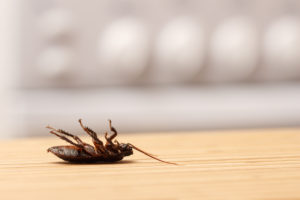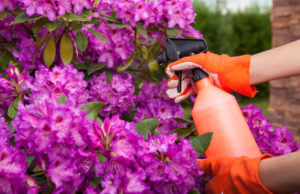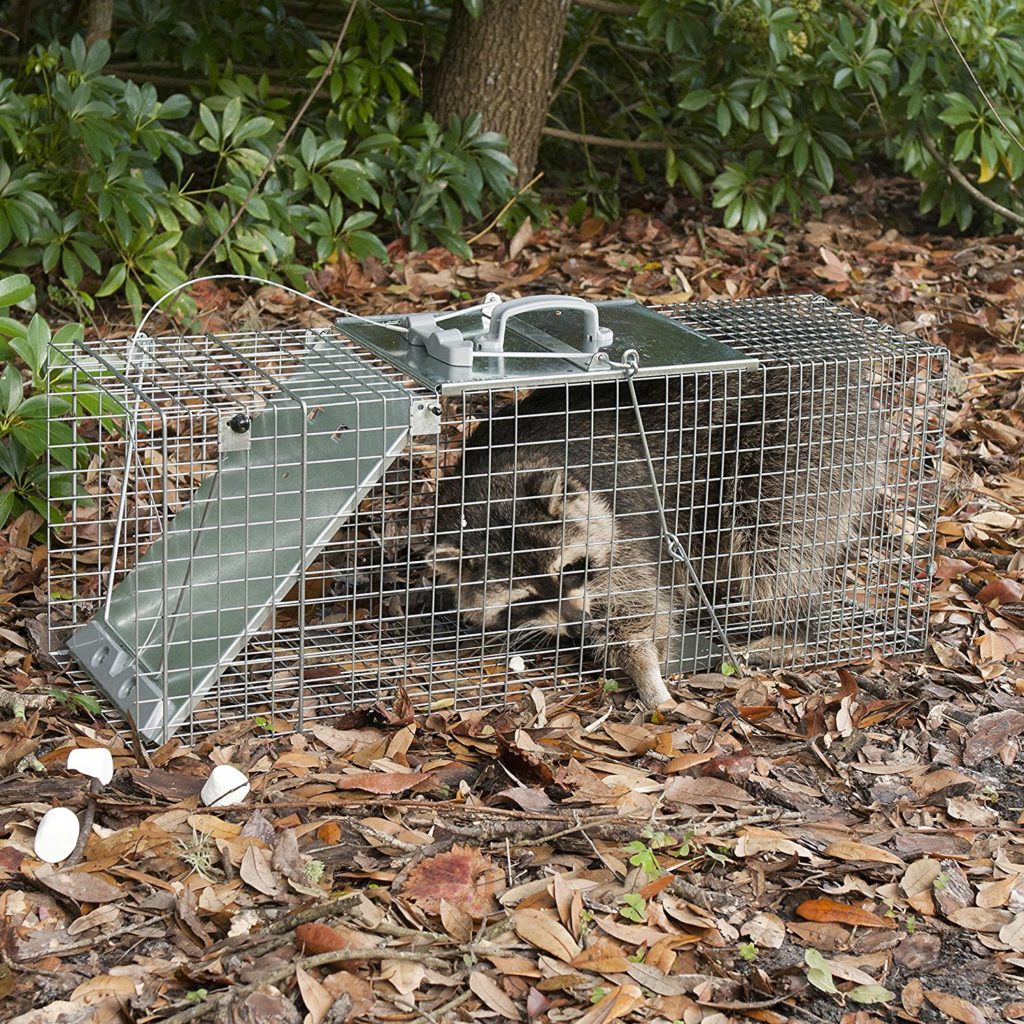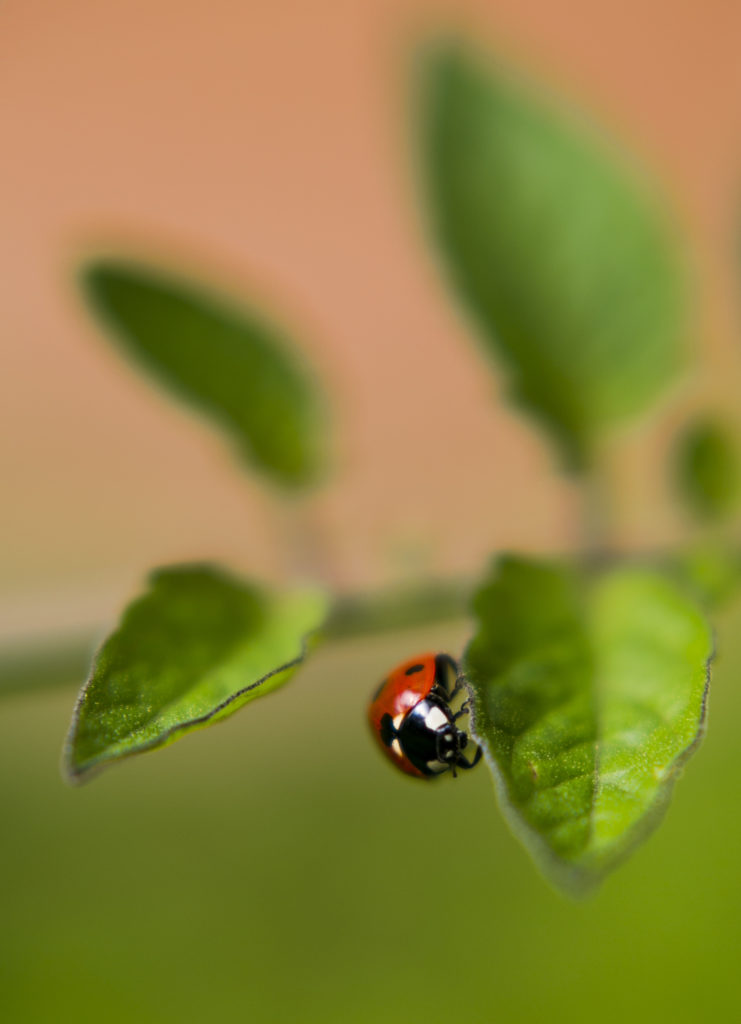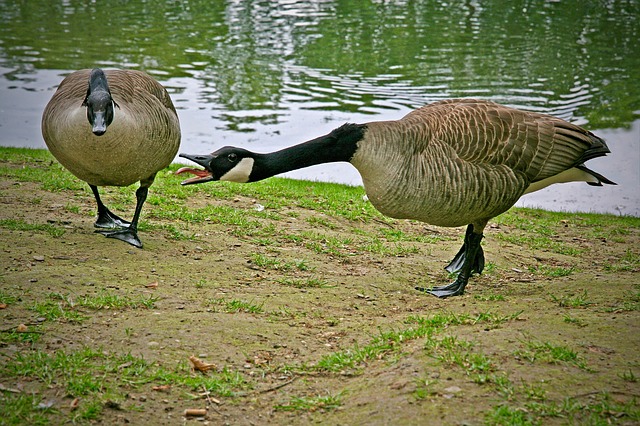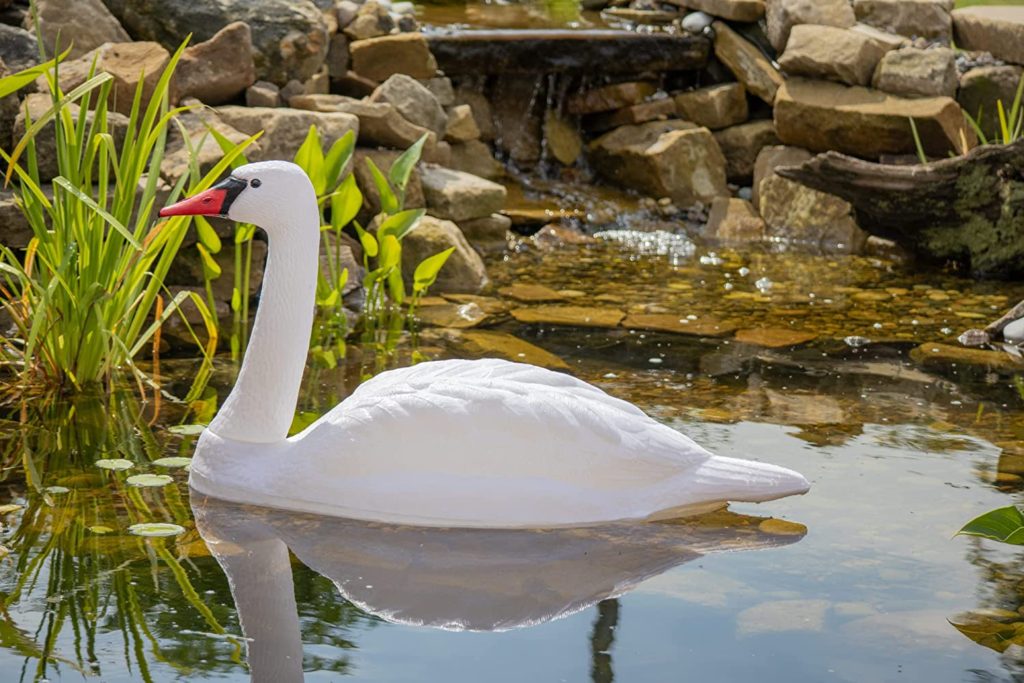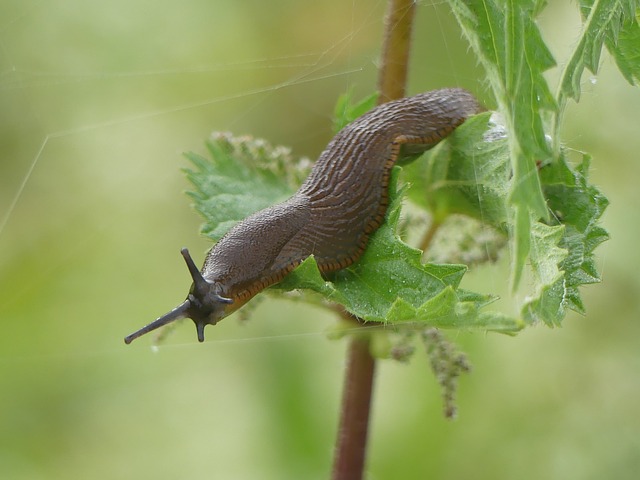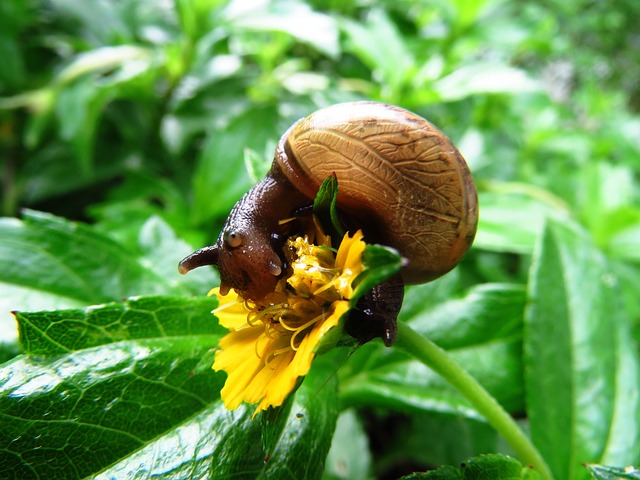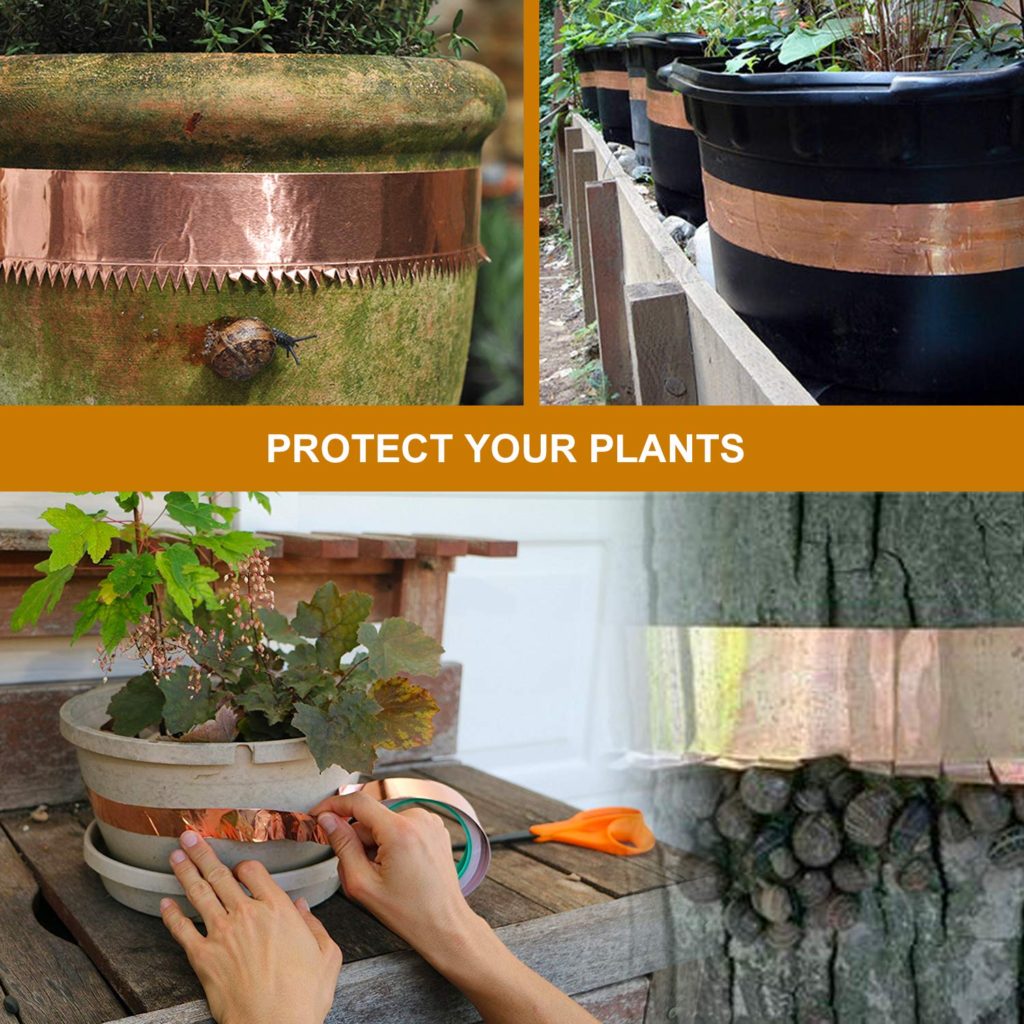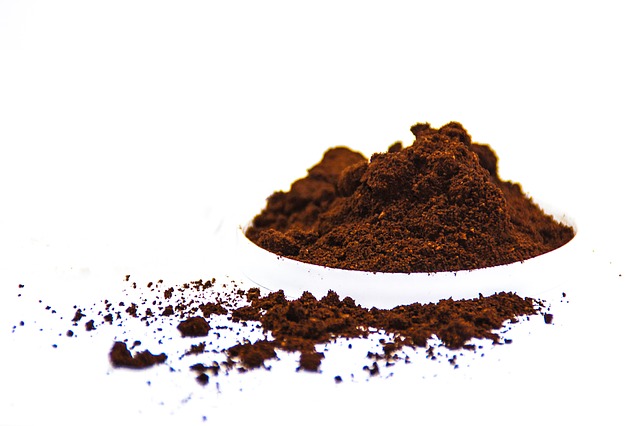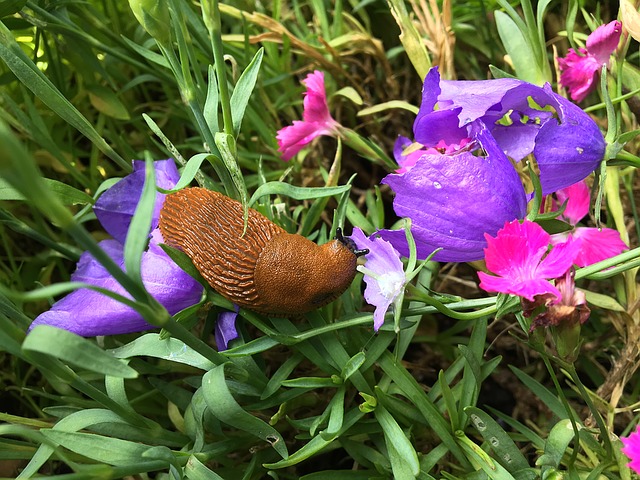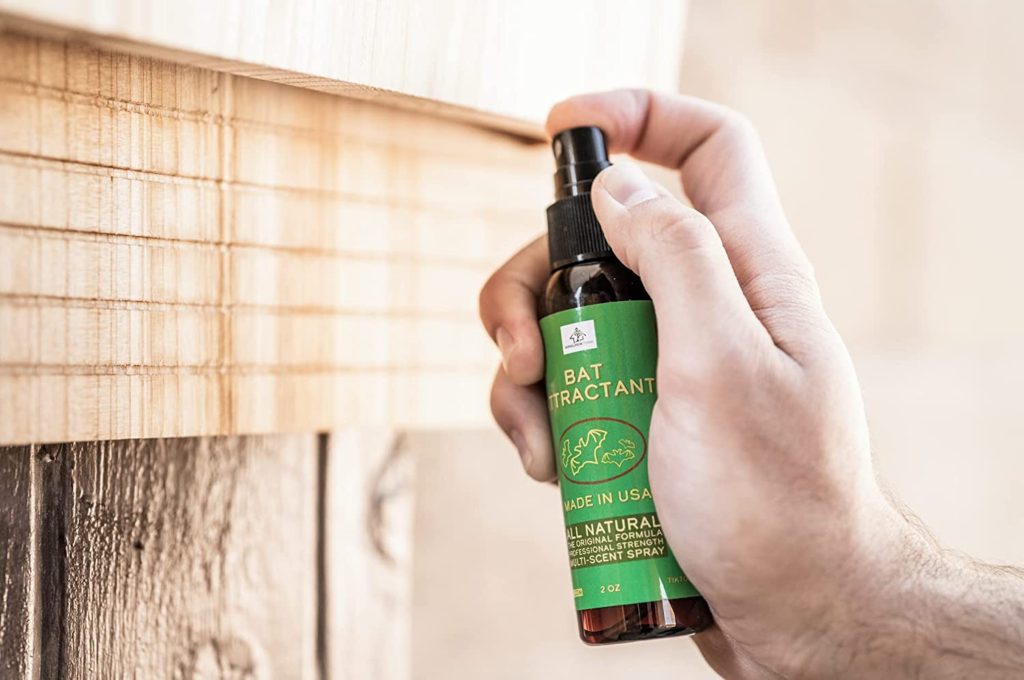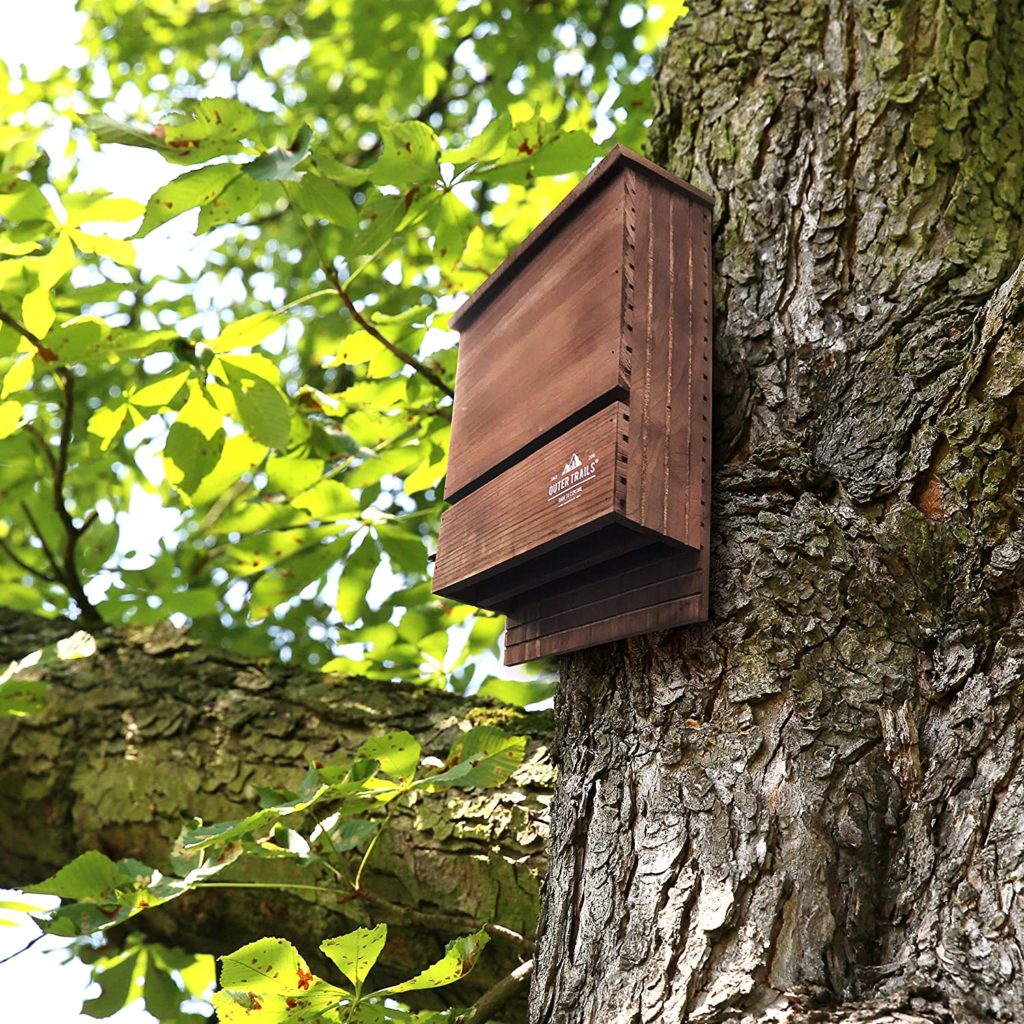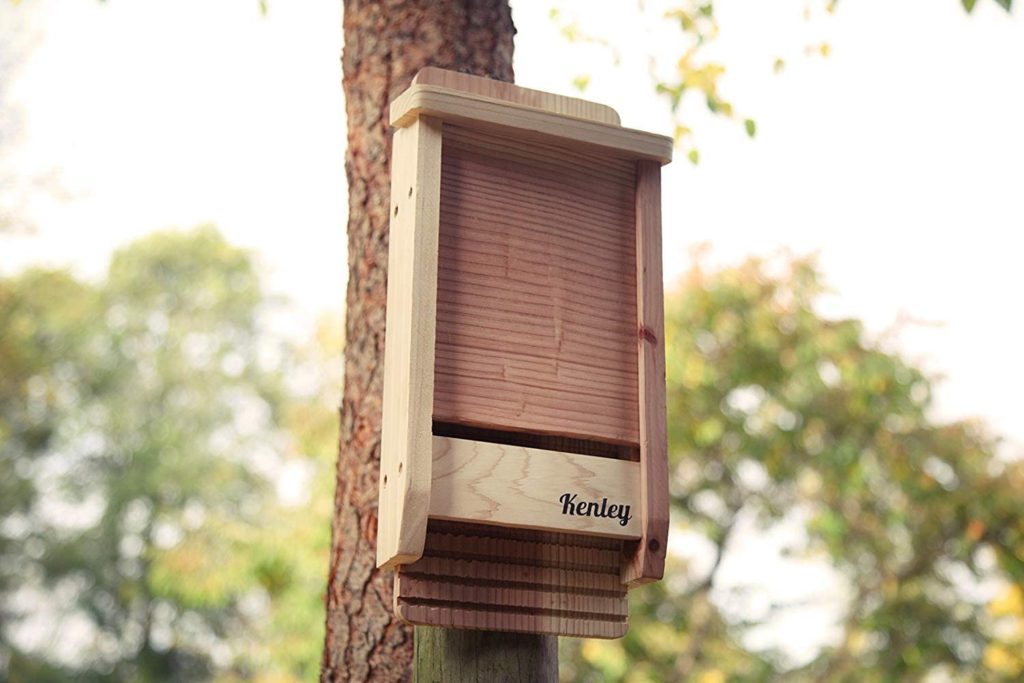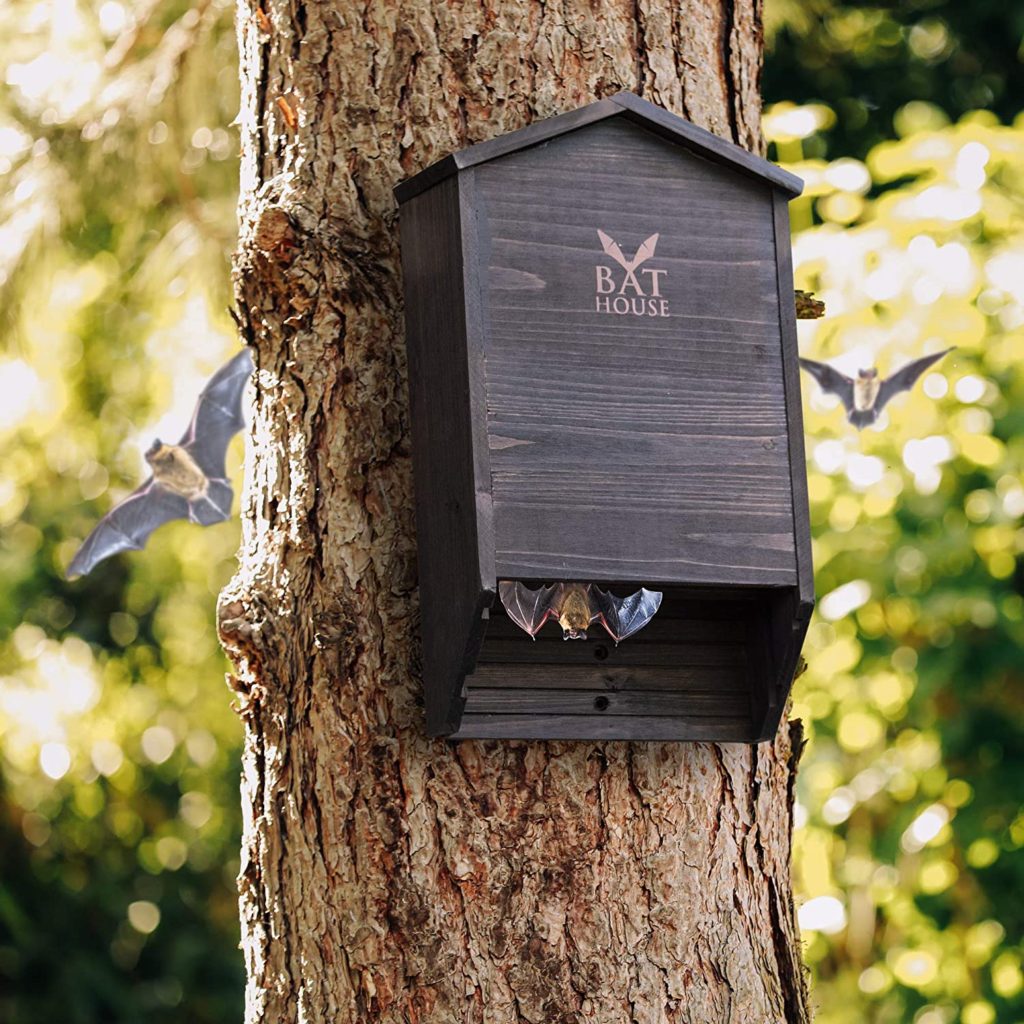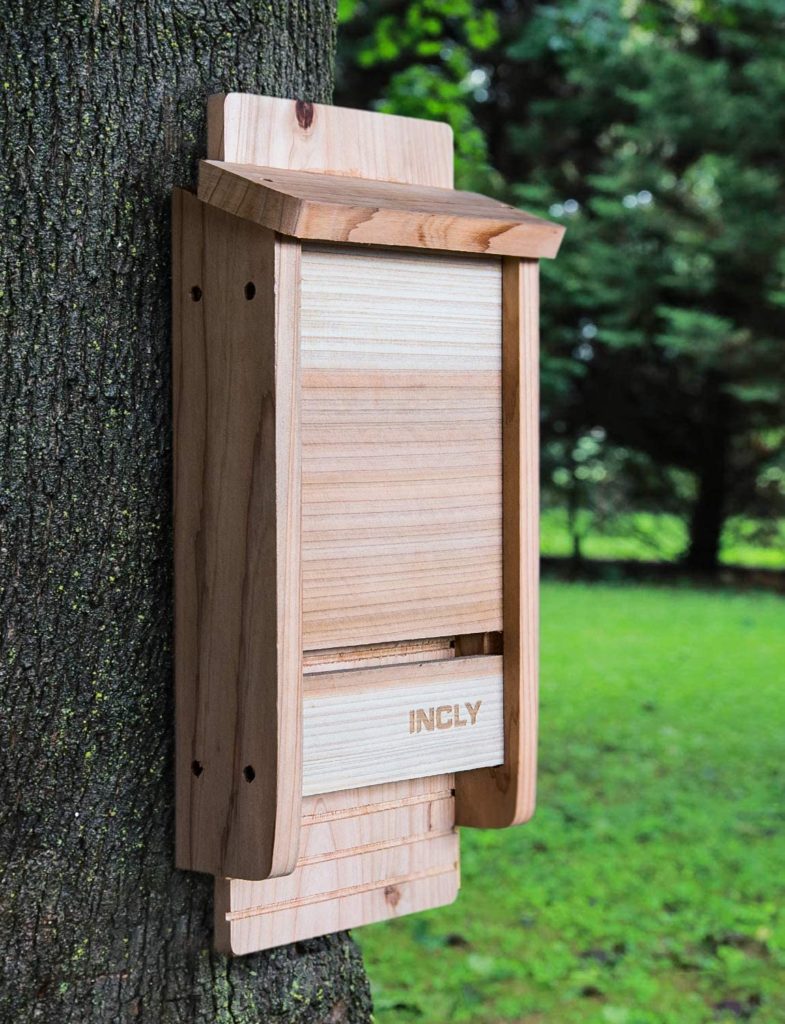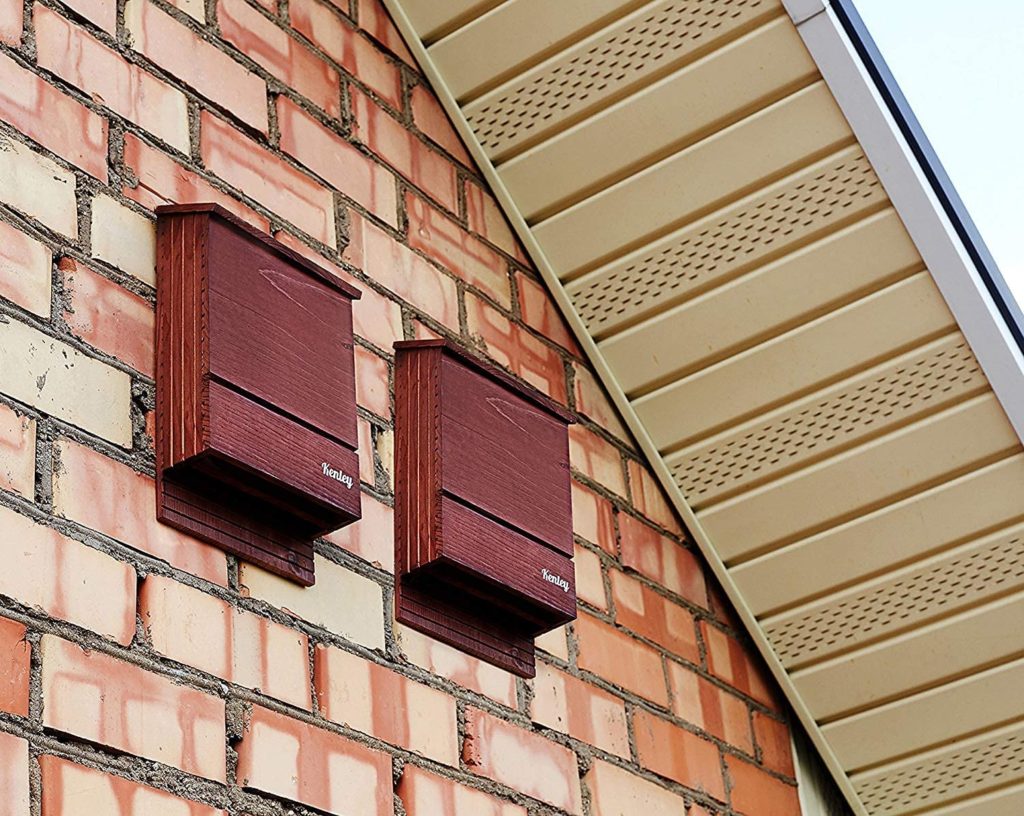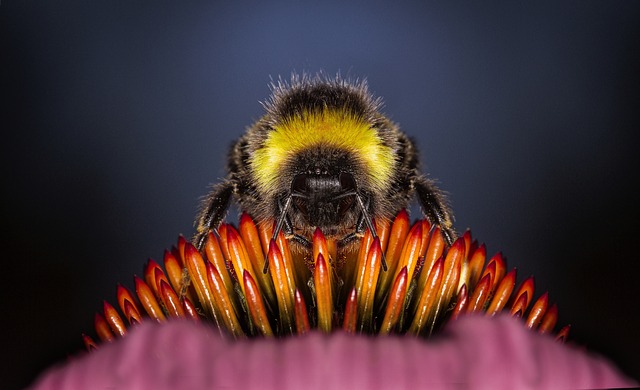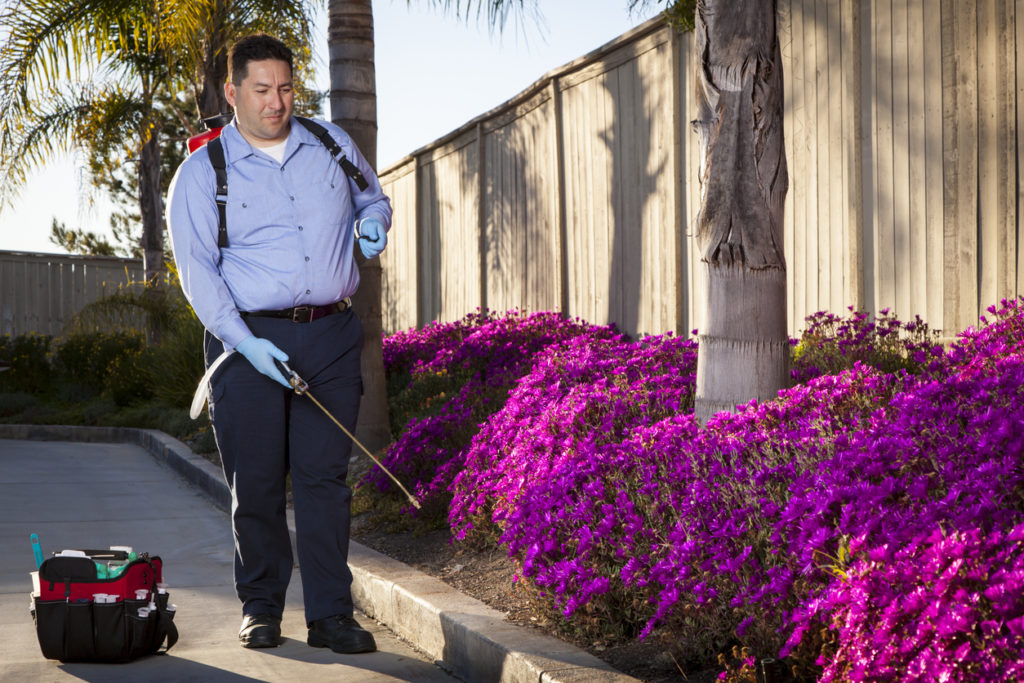
Just the thought of dealing with an infestation of insects or rodents can be enough to send homeowners into a panic. Yet at the same time, the idea of spraying dangerous chemicals on your property can also be unsettling. Fortunately, you don’t have to compromise your family’s safety in order to have a pest-free home.
There are many natural pest control methods that are effective for handling unwanted insects and wildlife. Understanding these options will help you plan for seasonal pest control for your outdoor space.
Remove Food and Water Sources
Professional pest control technicians often preach the importance of prevention and for good reason. Leaving trash or other items that pests would consider to be food where they have easy access to them will encourage them to stay and breed. The same goes for allowing water to collect on the exterior of your home.
Water is actually where many insects lay their eggs. For this reason, one of the best ways to start with natural pest control planning is to identify possible food and water sources that attract pests and remove them immediately.
Block Entry
In addition to making your home less attractive to pests, you will want to make sure that you block potential entry and exit points. For instance, even a small hole in your roof might be giving rodents access to your garage. And it takes only small cracks to allow insects into all kinds of spaces on your property. Repairing and sealing off potential entry points can stop wildlife from getting in and building nests or causing damage.
Ask About Safe Elimination Methods
With insects, once an infestation has taken hold, it may be necessary to spray your property. Many pest control sprays are tested to be safe for use in and around homes. However, if you are unsure it is always best to ask a pest control technician about the products that they choose to use.
This is especially important if you have young children. In some instances, natural repellents and alternatives such as heat can be used to control major insect infestations. And sometimes even other insects such as ladybugs are used.
Trap and Remove Wildlife Safely
Larger animals will often need to be trapped and removed. Prompt removal is critical for protecting your family’s safety since many animals carry dangerous diseases and parasites. Attempting to poison certain types of vermin such as rats often leads to bigger problems such as having to deal with potentially disease-carrying carcasses in your walls.
Trapping is a more humane method that can be used on rats, possums, skunks, and even birds to safely keep your home pest-free. If you decide to hire a pro for this task, he will come and check the traps regularly. Once the pest has been caught, it will then be released following all of the proper practices along with any state laws that may apply for that specific animal.
Identify Early Pest Infestations With Regular Inspections
Proper pest control should also involve seasonal inspections of your home. This will help to identify infestations in their earliest stages when they are much easier to address. Or it can prevent them from happening in the first place.
Many types of pests rapidly multiply once they find a safe place to build their nests, for example, a single rat or mouse can quickly become a major issue once they start reproducing. By inspecting regularly you can stop problems before they begin.
No one likes dealing with pests, and it is understandable to have concerns about using dangerous chemicals around your house and lawn. By staying aware and practicing preventative strategies, you can rest easy that your property will remain free from both of them. And be sure to ask a professional if you have any questions or need any specialized help.
Start Shopping for Pest Deterrents!
Common Pond Pests And How To Deal With Them
While there are many benefits to owning a pond, one of the drawbacks is dealing with pests. And whether big or small they can definitely be a nuisance. Here are some of the most common pond pests you’re likely to encounter along with the basics on how to deal with...
The Complete Swan Decoy Guide
Buy on Amazon Geese and ducks can be a huge problem for anyone who owns a pond, pool, or even lawn. A swan decoy can help to keep these pests away so you don’t have to deal with them and the mess they leave behind. Here is everything you’ll need to know about swan...
What Direction Should A Bat House Face?
Buy on Amazon Bats are very particular when it comes to whether or not they will move into a bat house. One of the most important factors is the temperature inside, which will be strongly influenced by the direction that the house is facing. So what direction should a...
Does Copper Tape Stop Slugs?
Does copper tape stop slugs? The answer is yes. And you can use this simple solution to keep your plants safe from those slimy plant-eating pests. Repel Slimy Garden Invaders Without Harm Despite being relatively small and very slow-moving, slugs can do a lot of...
When To Put Up A Bat House
Buy on Amazon Bats can be a big benefit to your yard. But they can be picky when it comes to where they actually decide to roost. Knowing when to put up a bat house can help to tip the odds in your favor. Basic Seasonal Bat Behavior Many people don’t realize that in...
The Best Advantages Of Using Copper Tape For Snails
Snail damage is no laughing matter, especially when you’ve put a lot of time and effort into your garden. Most people don’t realize that by simply adding copper tape snails can be quickly deterred from eating your plants. And here are the best advantages of using this...
Copper Tape For Slugs
Buy on Amazon As any gardener knows, slugs can be highly destructive to a wide range of plants. But you don’t have to use baits or chemicals to keep these slimy pests from ruining your garden. By using copper tape slugs will stay away from your precious plants...
How To Use Coffee Grounds For Snails
You don’t have to kill those annoying garden snails in order to keep them from eating your plants. In fact, you can use your morning coffee as a non-lethal weapon against them. When they come into contact with your coffee grounds snails will turn right around and...
How To Use Coffee Grounds For Ants
There are endless sprays and poisons you can use to get rid of ants. However, you won’t have to look any further than your morning cup of coffee if you’d like a repellent that doesn’t contain any harmful chemicals. By using coffee grounds ants will stay away and kids...
How To Use Coffee Grounds For Garden Pests
While the majority of humans enjoy coffee, not all animals find it so appealing. In fact, when they encounter coffee grounds garden pests are often repelled by them, and that’s a good thing. So here are the critters you can expect to keep out of your garden when using...
Coffee Grounds For Slugs
Slugs can be a big problem, yet most people don’t realize that the waste produced from their morning cup of coffee can be used help to protect their plants from these slimy pests. When they encounter your coffee grounds slugs will make a hasty retreat. So here’s...
Coffee Grounds For Mosquitoes
There are countless options available to keep mosquitoes away, many of which contain harmful chemicals. Most people don’t realize that the grounds used to make their morning coffee can also function as an all-natural repellent. Here’s what you’ll need to know to use...
Using Coffee Grounds To Deter Cats In The Garden
While cats can be loving pets, in the garden they often can be pests. Fortunately, you can use coffee grounds to deter cats. Not only can they help to keep cats away from your plants but they’re also totally safe. Cat Problems 101 Unfortunately for gardeners, cats...
Bat Attractant: The Secret Weapon For Bat House Success
Buy on Amazon Purchasing a bat house is easy, however, having a colony of bats take up residence inside it is sometimes another story. To tip the odds in your favor using bat attractant can help. Here’s what you’ll want to know when considering using it. Bat House...
How To Attract Bats To Your Bat House
Buy on Amazon Having bats in your yard offers many fantastic benefits. So it’s no wonder that more and more people are installing bat houses in an attempt to get them to stay. However, you’ll first need to know how to attract bats to your bat house if you want them to...
What Does A Bat House Look Like?
Buy on Amazon Bat houses are shelters made specifically for bats. These flying mammals have special needs that houses are designed to meet. So what does a bat house look like? Well, read on and find out! Bat House Designs Houses for bats actually look like boxes. For...
What Is A Bat House?
Buy on Amazon What is a bat house? And better yet, why would you want one on your property? These are both commonly asked questions. Whether you’re just curious or have always wanted to have bats in your yard here’s what you’ll need to know. Bats are nocturnal...
The Top Bat House Benefits
Buy on Amazon A bat house is a specially designed shelter for bats. It provides them with a safe and convenient place to sleep. While they are great for the bats, there are many bat house benefits you can enjoy as well when you have one in your yard. Keep Bats Out Of...
Where To Put A Bat House
Buy on Amazon Where to put a bat house is an important decision. If it’s not in an appropriate spot, you may be putting your resident bats in danger. Or you may end up with an empty house since no bats are interested in living in it. So you’ll need to know a few...
Beneficial Garden Insects And Creatures Often Confused For Pests
There are many animals that we consider to be pests. However, many of them actually perform critical tasks and help to control the populations of much more devastating species. The following beneficial insects and creatures are ones you’ll want to keep around....
